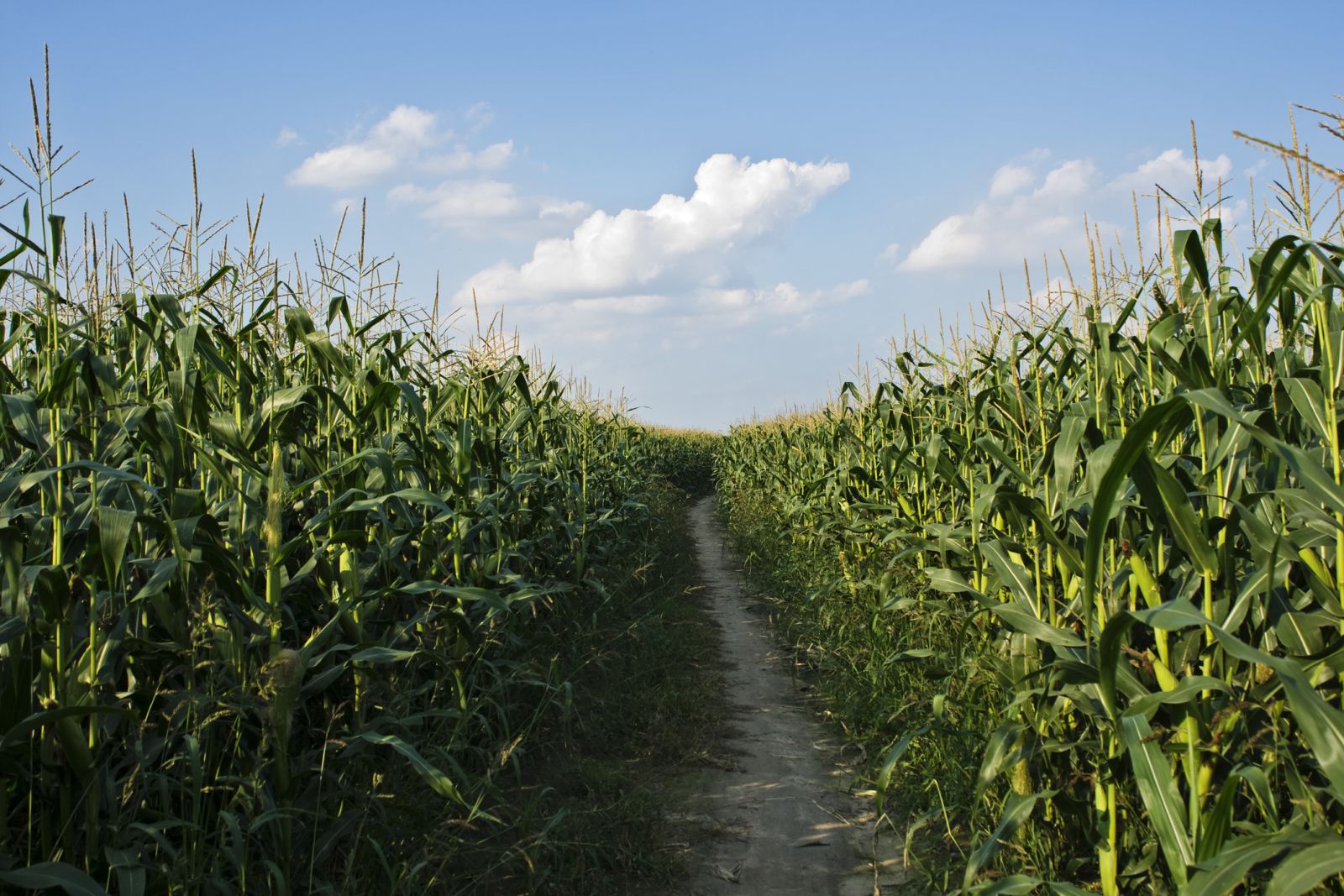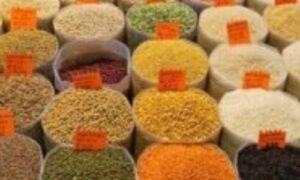Karnataka : Maize growers worried over fungal infection affecting crop

Maize farmers in Hassan are facing severe losses as downy mildew, locally known as *bili-suli*, has infected over 8,000 hectares. The fungal disease halts plant growth and prevents corn formation. Despite using treated seeds, the conducive climate and continuous maize cultivation have worsened the outbreak. Officials are advising farmers and suggesting treatments, but returns this season look bleak.
The maize growers of Hassan are worried about safeguarding their crop from the downy mildew, a fungal infection, commonly known as bili-suli. The leaves develop white fungal growth, and with that growth of the plant stops.
According to preliminary estimation, the crop grown in over 8,000 hectares in Hassan has been affected by the disease. The measures to tackle its spread have not been successful, as the climate is conducive for the infection. The disease has been reported in Periyapatna and H.D. Kote of Mysuru district as well, according to officers.
Maize is one of the major crops in Hassan. A majority of small and marginal farmers cultivate this approximately 120-day crop both in kharif and rabi seasons. By spending about ₹15,000 to ₹18,000, they get up to 22 quintals of yield.
Given the prevailing rate in the market, which is about ₹2,200 a quintal, they are sure of good returns. “This time we will have zero returns. The infected plants do not grow, and there will be no corn. The money spent on seeds, sowing operation, and fertiliser go to waste,” said Vijay, a farmer at Kattaya in Hassan taluk.
Hassan Lok Sabha member Shreyas M. Patel held a meeting with officers about the issue on Monday. He instructed them to spread awareness among the farmers on measures to avoid the infection. The officers of the Agriculture Department visited the fields and interacted with farmers.
P. Ramesh Kumar, Joint Director of Agriculture, told The Hindu that the fungal infection was normally either a seed-borne or soil-borne disease. However, a majority of farmers used treated seeds. “The disease could be soil-borne too. If fungus stays in the ground for several years, it grows when there is a congenial environment. This time, we have reports of infection in about 8,000 hectares,” he said.
The officer felt that continuous cultivation of the same crop could be one of the reasons for the disease. “In Hassan, a majority of farmers cultivate maize repeatedly. They grow the same crop for rabi and kharif as well. Maybe because the farmers are assured of returns, unlike in other crops,” he opined.
The officers have been suggesting suitable medicines to farmers.
To Read more about Maize News continue reading Agriinsite.com
Source : The Hindu















